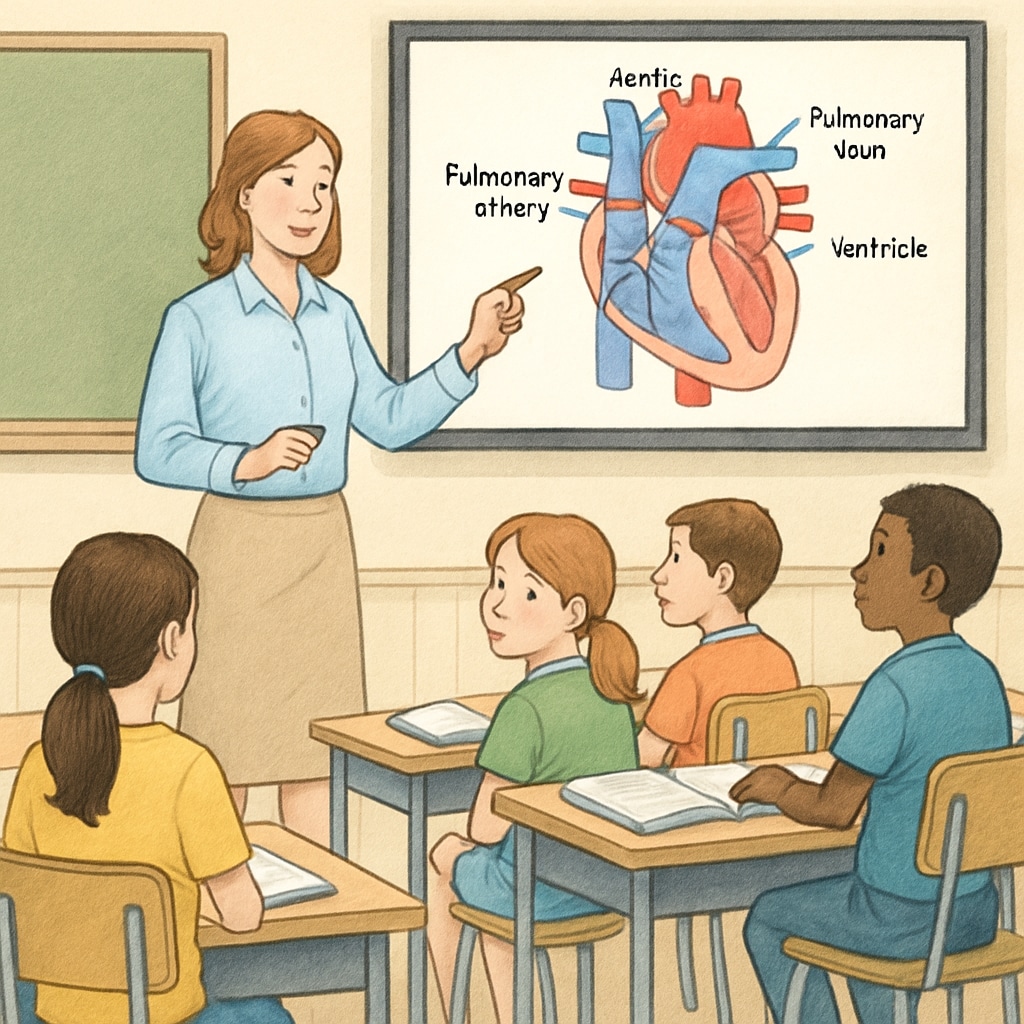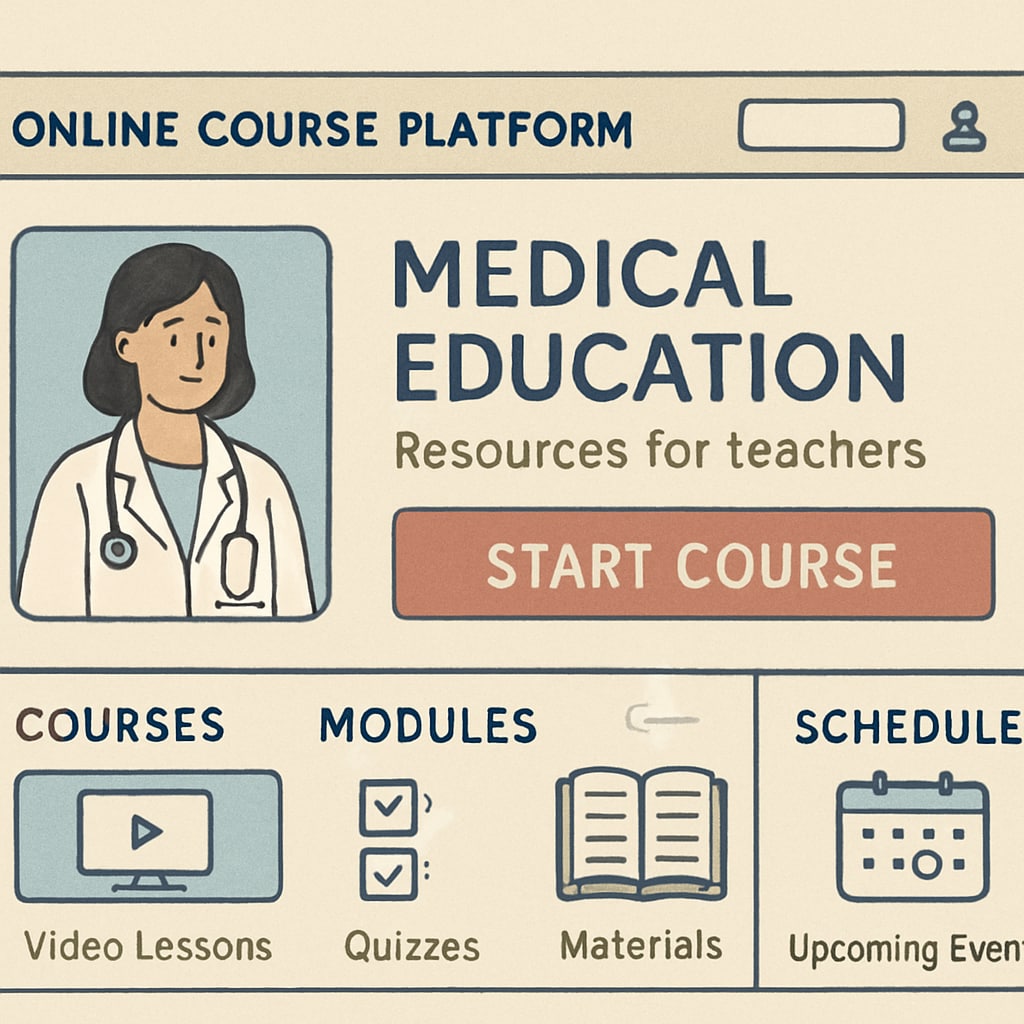In today’s world, where health literacy is increasingly vital, non-medical professionals often struggle to find accessible and effective resources for teaching medical concepts to K12 students. The lack of a systematic approach in medical education at this level can lead to gaps in understanding critical health topics. With the rise of online courses and digital tools, however, new opportunities are emerging to enhance medical education for non-medical educators and students alike.
Why Health Education Matters in K12
Health education plays a pivotal role in preparing young individuals to make informed decisions about their well-being. Introducing foundational medical knowledge during the K12 years can foster lifelong habits, improve public health outcomes, and inspire future careers in medicine or science. However, non-medical educators often face barriers in accessing accurate and age-appropriate resources. This gap highlights the need for specialized tools and platforms tailored to their needs.

Challenges Faced by Non-Medical Educators
Non-medical professionals teaching health-related subjects often encounter challenges such as:
- Lack of Expertise: Many educators lack formal training in medical sciences, making it difficult to explain complex topics effectively.
- Resource Gaps: While there are abundant resources for higher education, K12-specific medical education materials are scarce.
- Time Constraints: Teachers must integrate medical topics into already packed curricula, leaving little room for in-depth exploration.
Addressing these challenges requires a combination of curated educational resources and professional development opportunities tailored for non-medical professionals.
How Online Courses Can Help
Online courses are revolutionizing the way educators and students approach medical education. Platforms offering structured, beginner-friendly content can bridge the gap for non-medical professionals. Some key advantages include:
- Flexibility: Educators can access content anytime, ensuring it fits within their busy schedules.
- Interactive Learning: Many courses include videos, quizzes, and real-world examples to make complex topics engaging and understandable.
- Credible Sources: Reliable platforms such as Khan Academy and Coursera provide professionally curated content.

Building a Systematic Medical Knowledge Framework
To effectively integrate medical education into K12, educators can follow these steps:
- Start with Basics: Focus on fundamental topics like human anatomy, nutrition, and hygiene.
- Leverage Technology: Use interactive tools like virtual labs and simulations to enhance understanding.
- Collaborate with Experts: Partner with local healthcare professionals to co-develop lesson plans and provide guest lectures.
- Incorporate Real-Life Contexts: Relate medical topics to everyday scenarios to make them relatable for students.
By adopting these strategies, non-medical educators can build a comprehensive framework that empowers students with essential health knowledge.
Conclusion
Equipping K12 students with foundational medical knowledge is essential for fostering health literacy and improving societal outcomes. Non-medical professionals can overcome barriers by leveraging online courses and structured resources designed for their needs. As a result, they can create engaging and impactful learning experiences that inspire the next generation of health-conscious citizens.
For more resources on K12 medical education, explore platforms like Britannica and Wikipedia’s Health Education page.
Readability guidance: Use concise paragraphs, include lists for clarity, and ensure smooth transitions between ideas. Avoid heavy jargon to maintain accessibility for non-specialists.


